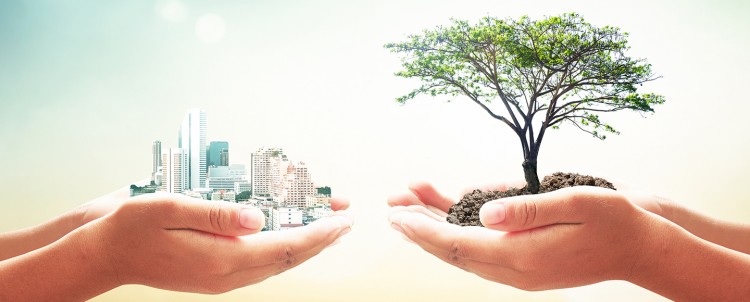
Today’s products, tomorrow’s resources: Tetra Pak’s eco-sustainable challenge
24 March 2020On the occasion of the “Distribution and Retail” course held by Paolo Palomba, our participants of the Global MBA in Food and Wine had the opportunity to analyze how Tetra Pak is facing the challenges related to sustainability, thanks to the testimony of Riccardo Found Battagliola.
The Business Development Director of the Modena-based company, the leader in solutions for the treatment and packaging of food, explained how the company was awarded for the fourth time for the strategies adopted, aimed at the production of packaging with low environmental impact. How? “By modernizing its business models according to the needs of the end customer, increasingly attentive to the responsibilities of companies in the fight against pollution and the inefficient use of resources”, tells the Lorenzo Zanlari, who was present in the classroom.
“Consumer awareness of environmental challenges is increasing rapidly – comments Palomba – Health and the environment converge more and more, and sustainability is becoming a key strategic criterion in retail throughout Europe. Tetra Pak, committed to the low carbon circular economy, is careful to offer more sustainable solutions, in synergy with the other subjects of the value chain ‘food & packaging'”.
We, therefore, interviewed Riccardo Found Battagliola to understand what the major challenges the brand is facing: “Tetra Pak’s vision has always been focused on protecting goodness – he explained – as stated by our brand promise. The theme of sustainability it belongs to its DNA and the protection of the environment as a projection of everyone’s future is at the center of the Nordic company’s own approach. Currently, the biggest challenge we are focusing on is the circular economy, the cornerstone of our strategy, which, through recycling, considers today’s products as tomorrow’s resources. For this reason, it is necessary to preserve resources as much as possible, minimize waste and recover materials. Linked to this concept there are specific challenges, such as creating a staircase for recycling, making sure that the supply chain can efficiently manage the volume of packages and favor a transition to this new model casting. Connected to this aspect is the prerogative of how to create value, thus favoring renewable materials that can be traced back to recycling to be transformed into resources: new business models are emerging and new outputs of recycled materials are being considered”.
How important is customer feedback in outlining new strategies? The Business Development Director of Tetra Pak confirms an increased sensitivity of the user towards sustainability: “every year we launch a global survey – he said – which involves thousands of consumers, and we have noticed that the attention is growing sharply on more fronts, and involves both the individual user, increasingly attentive, informed and aware, and the major players in the food and beverage sector. This creates new opportunities for brands on the one hand, and on the other, the relationship between packaging and product is strengthened: there is, in fact, a greater connection between health issues and aspects related to the environment, which have always been separate. Now instead the consumer identifies his health with that of the planet”
